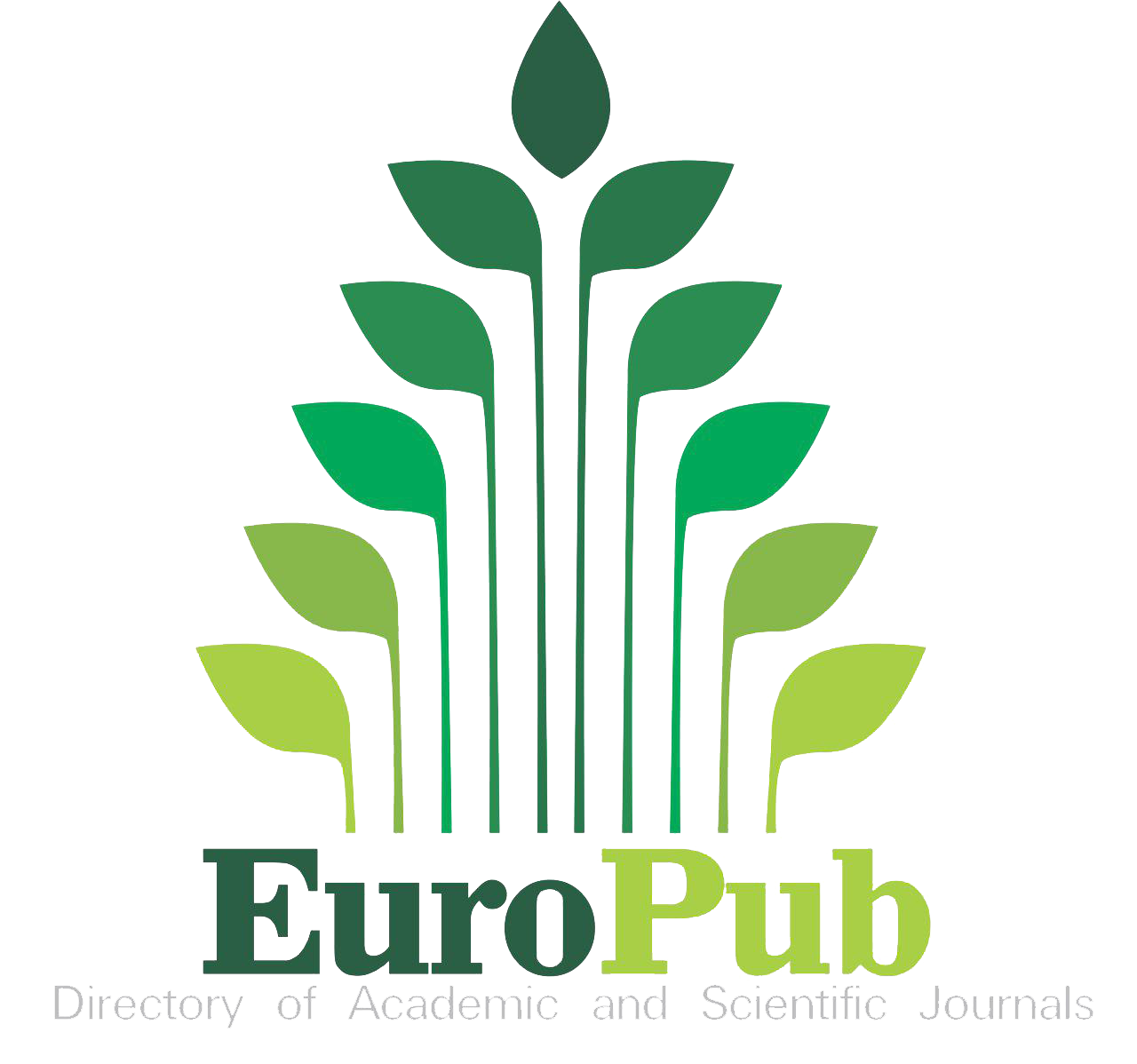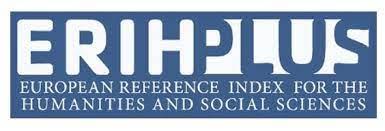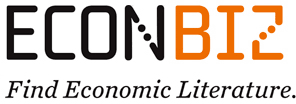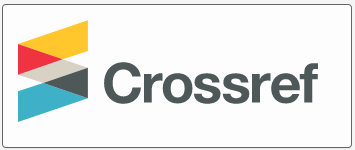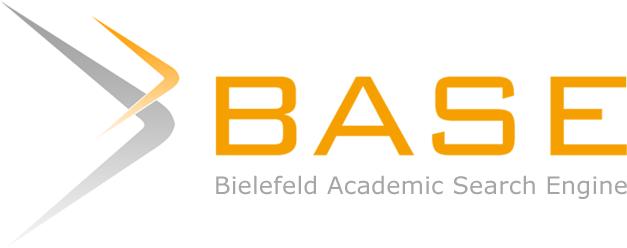Scaling up Inclusive Education for Sustainable Development in Africa
DOI:
https://doi.org/10.52340/jds.2023.04.04.02საკვანძო სიტყვები:
Employment, Inclusive Education, Skills, Sustainable Development, Youthანოტაცია
Inclusive education plays a key role in achieving sustainable development. Its impact ripples across many dimensions, fostering reduced fertility, morbidity, and mortality rates, while empowering women and enhancing workforce quality. Beyond these aspects, it influences individual learners, shaping their personal development and prospects in the job market. The significance of inclusive education goes beyond individuals, contributing to achieving five of the United Nation’s Sustainable Development Goals (SDGs). It plays a significant role in realizing SDG1: No Poverty, SDG4: Quality Education, SDG5: Gender Equality, SDG10: Reduced Inequalities,
and SDG16: Peace, Justice, and Strong Institutions. The global commitment outlined in the 2030 Agenda for Sustainable Development and the African Union’s Agenda 2063 highlights the need to enhance educational outcomes and foster knowledge accumulation for developmental progress. To concretize this vision, the Education 2030 Framework for Action stands as a testament to driving advancements aligned with the objectives of SDG4 and its specific targets. Central to this framework is an emphasis on eradicating all forms of exclusion, and recognizing inclusivity as the cornerstone for achieving educational equity and
sustainable development. This study aims to propose key policy actions for an inclusive education agenda, empowering urban and rural youth in Africa, amplifying their role in socio-economic transformation, combating persistent inequality, and fostering inclusive growth.
Downloads
წყაროები
African Union Commission (AUC) & UNICEF (2021). Transforming Education in Africa- An evidencebased overview and recommendations for
long-term improvements. September 2021.
Ainscow, M. (2016a). Diversity and Equity: A Global Education Challenge. London. Springer.
Ainscow, M. (2016b). Collaboration as a strategy for promoting equity in education possibilities and barriers.https://www.cscjes-cronfa.co.uk/api/storage/2a6d51d2-92c2-45e3-97a8-2567619e7fb6/Ainscow-paper-for-JPCC-February-2016.pdf
Ainscow, M., Messiou, K. (2017). Engaging with the views of students to promote inclusion in education. London, Springer.
Atsebi, J. M. B., Ouedraogo, R. & Seri, R. S. (2022). Is Education Neglected in Natural Resources-Rich Countries? An Intergenerational Approach in Africa, IMF Working Paper, WP/22/160https://doi.org/10.5089/9798400218071.001
Baten, J., Haas, M. de, Kempter, E., Selhausen F. M. (2021). Educational Gender Inequality in Sub-Saharan Africa: A Long-Term Perspective.
Population and Development Review. September 2021. https://onlinelibrary.wiley.com/doi/epdf/10.1111/padr.12430
Bennell, P. (2022a). Private schooling in sub-Saharan Africa: An egalitarian alternative? International Journal of Educational Development.
Volume 88, January 2022, 102533. https://doi.org/10.1016/j.ijedudev.2021.102533
Bennell, P. (2022b). Teaching too little to too many: Teaching loads and class size in secondary schools in Sub-Saharan Africa. International Journal of Educational Development. Volume 94, October 2022, 102651. https://doi.org/10.1016/j.ijedudev.2022.102651
Bennell, P. (2023). The attainment of gender education equality: A preliminary assessment of country performance in sub-Saharan Africa.
International Journal of Educational Development. Volume 98, April 2023, 102722. https://doi.org/10.1016/j.ijedudev.2022.102722
Buckner, E., Abdelazis, Y. (2023). Wealth-Based Inequalities in Higher Education Attendance: A Global Snapshot. Sage Journals, Educational Researcher, Volume 52, Issue 9, December 2023, Pages 544-552.https://doi.org/10.3102/0013189X231194307
Galkiené, A., Monkeviciené O. (eds), (2021). Improving Inclusive Education through the Universal Design for Learning, Inclusive Learning, and Ed-JOURNAL OF DEVELOPMENT STUDIES (JDS) VOL.4-NO.1(4)-2023
Amal Nagah Elbeshbishi 26 educational Equity, http://doi.org/10.1007/978-3-030-80658-3_1
Holsinger, D., Cowell, R. (2000). Positioning Secondary Education in Developing Countries: Expansion and Curriculum, UNESCO International Institute of Educational Planning, Paris, 2000.
Ionescu, M. A. (2012). How does education affect labor market outcomes? Review of Applied Socio-Economic Research, Volume 4, Issue 2.
Marcos, D. (2022). Educational gender gap in sub-Saharan Africa: Does the estimation method matter? A comparison using a sample
of opposite-sex twins. International Journal of Educational Development, Volume 95, November 2022, 102683.
Mastercard Foundation (2019). Asma Zubairi and Pauline Rose. Equitable Financing of Secondary Education in Sub-Saharan Africa. Background paper for the Mastercard Foundation Research for Equitable Access and Learning (REAL) Centre, University of Cambridge, February 2019.
Mastercard Foundation (2020). Secondary Education in Africa: Preparing Youth for the Future of Work, July 2020.
Mastercard Foundation (2022). Secondary Education in Africa: Preparing Youth for the Future of Work: A Gender Brief, March 2022. https://doi.org/10.1016/j.ijedudev.2022.102683
McClellan, J. (2010). Envisioning Learning Societies Across Multiple Dimensions, http://www.learndev.org/dl/VS3-00g-LearnSocMultDim.PDF
Montenegro, C., Patrinos, H. (2014). Comparable Estimates of Returns to Schooling Around the World, Policy Research Paper 7020, World
Bank.
Olanrewaju, O. (2022). Improve the conditions of teachers and quality of teaching in schools across African countries, a paper prepared for
presentation at the United Nations Expert Group Meeting (EGM) on “Population, Education and Sustainable Development”, 6-7 September 2022.
OECD (2019). Skills Strategy 2019: Skills to shape a better future. Paris: OECD. http://doi.org/10.1787/9789264313835-en
Oxford Economics Africa (2022). Smit, S. Unlocking the potential of Africa’s most valuable resource, Research Briefing – Africa, 28 June
PROSPECTS 159 (2011). International Developments in Teacher Education for Inclusive Education: issues and challenges. Geneva. UNESCO-IBE.
UN (2022). Policy Brief: STEM education and inequality in Africa, July 2022.
UNESCO (2015). Rethinking Education. Towards a global common good? Paris: UNESCO.
UNESCO (2016). Reaching out to All Learners: A Resource Pack for Supporting Inclusive Education. Geneva. UNESCO-IBE.
UNESCO (2017). A Guide for Ensuring Inclusion and Equity in Education. Paris. UNESCO.
World Bank (1991). World Development Report (1991) The Challenge of Development.
Websites
http://www.uis.unesco.org/literacy/Documents/fs20-literacy-day-2012-en-v3.pdf
http://www.uis.unesco.org/Education/Documents/Mean-years-schooling-indicator-methodology-en.pdf
http://www.oecd.org/education/school/50293148.pdf
http://www.learndev.org/dl/VS3-00g-LearnSocMultDim.PDF
https://gga.org/addressing-the-educationgender-gap-in-africa/
https://www.brookings.edu/articles/improvingaccess-to-quality-public-education-in-africa/
გამოქვეყნებული
როგორ უნდა ციტირება
გამოცემა
სექცია
ლიცენზია
საავტორო უფლებები (c) 2024 Amal Nagah Elbeshbishi

ეს ნამუშევარი ლიცენზირებულია Creative Commons Attribution-ShareAlike 4.0 საერთაშორისო ლიცენზიით .




